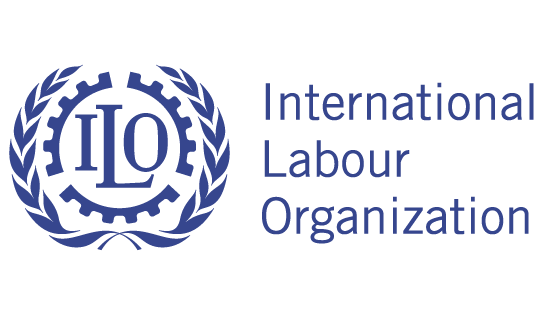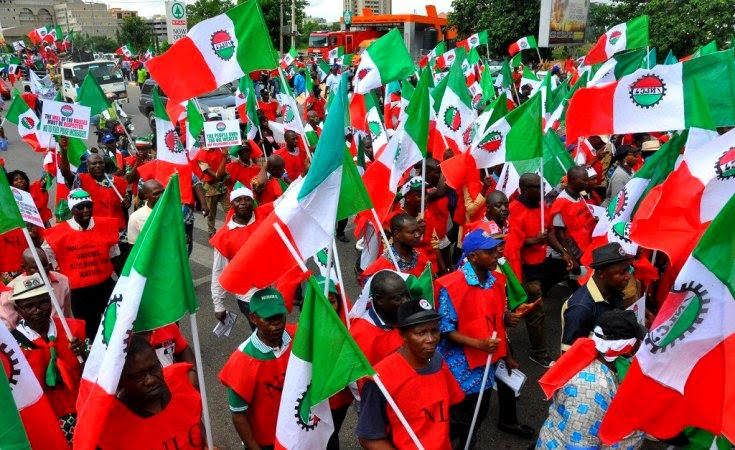With the ratification of the Protocol of 2014 to the Forced Labour Convention, Mexico becomes the 60th country in the world to ratify this important instrument.
On 11 June 2023, the Government of Mexico deposited with the Director-General of the ILO the instrument of ratification of the Protocol of 2014 to the Forced Labour Convention, 1930 .
At the meeting, the ILO Director-General welcomed “the deposit of the instrument of ratification of the Protocol of 2014 to the Forced Labour Convention, 1930”, and said that “this ratification demonstrates once again Mexico’s strong commitment to combating forced labour and ensuring the application of fundamental principles and rights at work”. The Director-General further noted that “with this ratification, Mexico is actively contributing to the achievement of decent work and to the attainment of the United Nations Sustainable Development Goals for 2030”.
In depositing the instrument of ratification, the Minister of Labour and Social Welfare, Ms Luisa María Alcalde Luján, stated that “with the deposit of the Protocol of 2014 to the Forced Labour Convention, Mexico reaffirms its commitment to protect and extend the labour rights of workers, strengthening prevention and protection measures, together with legal and reparation actions, which are necessary to achieve the effective and sustained elimination of forced or compulsory labour”.
With the ratification of the 2014 Protocol, Mexico becomes the 60th country in the world to ratify this important instrument, which strengthens the international legal framework to eliminate all forms of forced or compulsory labour, including trafficking in persons. According to the ILO, 27.6 million people are in forced labour, of which 17.3 million are exploited in the private sector; 6.3 million in forced commercial sexual exploitation, and 3.9 million in forced labour imposed by state. The Forced Labour Protocol requires ratifying states to take effective measures to prevent all forms of forced labour, to protect victims and ensure their access to effective remedies and compensation, and to apply appropriate sanctions against perpetrators of forced labour.
In this regard, at the national level, the Government has made significant efforts to combat forced labour and trafficking in persons, having carried out awareness-raising and capacity-building activities at the federal and states levels, as well as dissemination of information materials to the general public. Moreover, it has recently adopted restrictions on the entry into its territory of goods produced wholly or in part using forced or compulsory labour.
Source ILO














